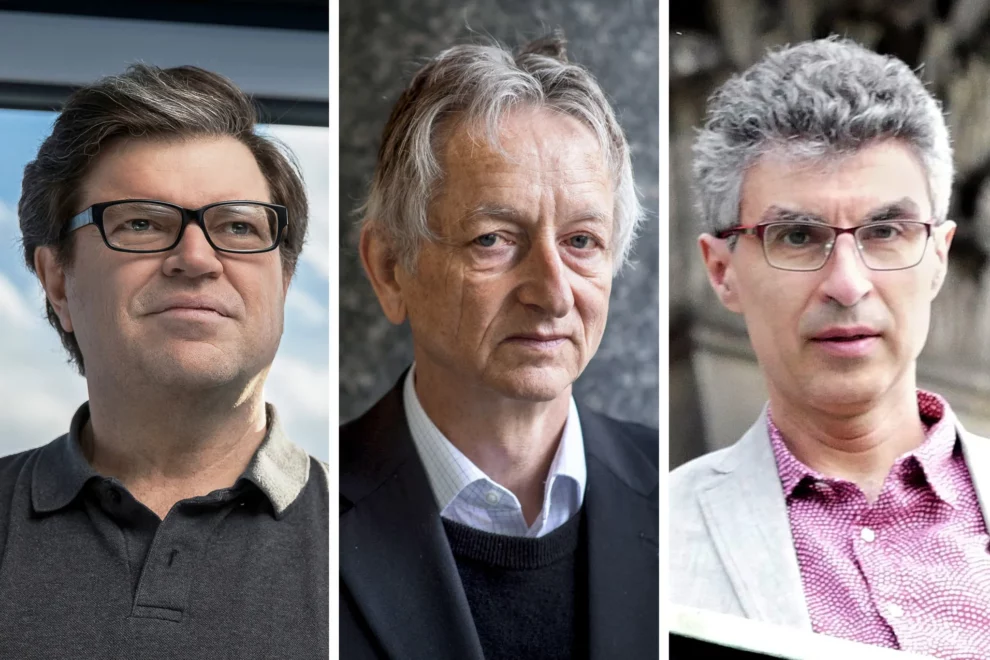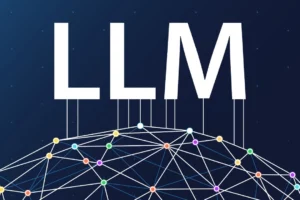A diverse group of pioneers, researchers, and industry leaders are shaping not only the technology itself but also the crucial discourse around its potential benefits and risks. From the founding figures dubbed the “godfathers of AI” to emerging voices in ethical AI development, these influential individuals offer varying perspectives on how AI will transform society and what guardrails need to be in place to ensure its responsible development.
The three “godfathers of AI” – Geoffrey Hinton, Yoshua Bengio, and Yann LeCun – who shared the prestigious Turing Award in 2018, represent different viewpoints on AI’s trajectory. Hinton, who recently left his position at Google to speak more freely about AI risks, has become increasingly concerned about the technology he helped develop, considering it a more urgent threat than climate change. Bengio shares similar concerns, warning about potential risks in the coming years and the dangers of concentrated power in the wrong hands. LeCun, currently Meta’s Chief AI Scientist, stands apart from his fellow pioneers with a more measured view, dismissing some existential concerns as “preposterously ridiculous” while maintaining that current AI systems still lag behind the intelligence of cats and dogs.
The landscape of AI leadership extends beyond these founding figures. Sam Altman, OpenAI’s CEO and the force behind ChatGPT, embodies the complex duality of AI development. While championing AI as the greatest advancement in human quality of life, he simultaneously acknowledges losing sleep over its potential dangers, demonstrating the delicate balance between innovation and responsibility that industry leaders must maintain.
Female leaders in the field bring crucial perspectives on AI’s ethical implications and practical applications. Fei-Fei Li, known for establishing ImageNet, has made fundamental contributions to visual object recognition. Timnit Gebru, who founded the Distributed AI Research Institute after her controversial departure from Google, emphasizes the urgent need for external regulation rather than relying on corporate self-governance. Kate Crawford, a professor at USC and Microsoft researcher, advocates for sustainable and consent-based approaches to AI development while warning about potential anti-democratic effects of unchecked AI power.
The intersection of AI and healthcare represents another frontier, with leaders like Daphne Koller, founder of insitro, applying machine learning to drug discovery. Her perspective highlights AI’s potential to accelerate scientific progress and personalize education while acknowledging risks such as job displacement and the challenge of distinguishing truth from AI-generated content.
Newer companies are also making their mark on the field. Anthropic, co-founded by Daniela Amodei, emphasizes trust and safety through its “Triple H” framework – Helpful, Honest, and Harmless. Demis Hassabis, leading DeepMind, predicts the arrival of artificial general intelligence within years while advocating for cautious, scientific development approaches.
The democratization of AI technology remains a crucial focus for some leaders. Margaret Mitchell, chief ethics scientist at Hugging Face, works on making AI tools more accessible while ensuring responsible development. Richard Socher, founder of You.com, offers a pragmatic view on AI’s current limitations, suggesting that true artificial general intelligence might be decades or even centuries away.
The diversity of perspectives among these leaders reflects the complex challenges facing AI development. While some focus on immediate practical applications and benefits, others warn of long-term existential risks. Some push for rapid advancement, while others advocate for careful consideration of ethical implications and social impact.
What emerges from these varied viewpoints is a clear understanding that AI’s future will require balancing innovation with responsibility, speed with safety, and technological advancement with human values. The leaders’ different approaches and concerns highlight the importance of maintaining multiple perspectives in steering AI’s development.
As AI continues to evolve and integrate more deeply into society, these voices will play crucial roles in shaping not only the technology itself but also the frameworks and guidelines that govern its use. Their collective wisdom suggests that the path forward requires careful consideration of both AI’s tremendous potential and its significant risks, ensuring that its development serves humanity’s best interests while mitigating potential dangers.
The challenge ahead lies not just in advancing AI technology, but in doing so in a way that preserves human agency, promotes equality, and protects against misuse. As these leaders demonstrate, the future of AI will be determined not only by technological breakthroughs but also by our ability to implement and govern these advances responsibly and ethically.
















Add Comment